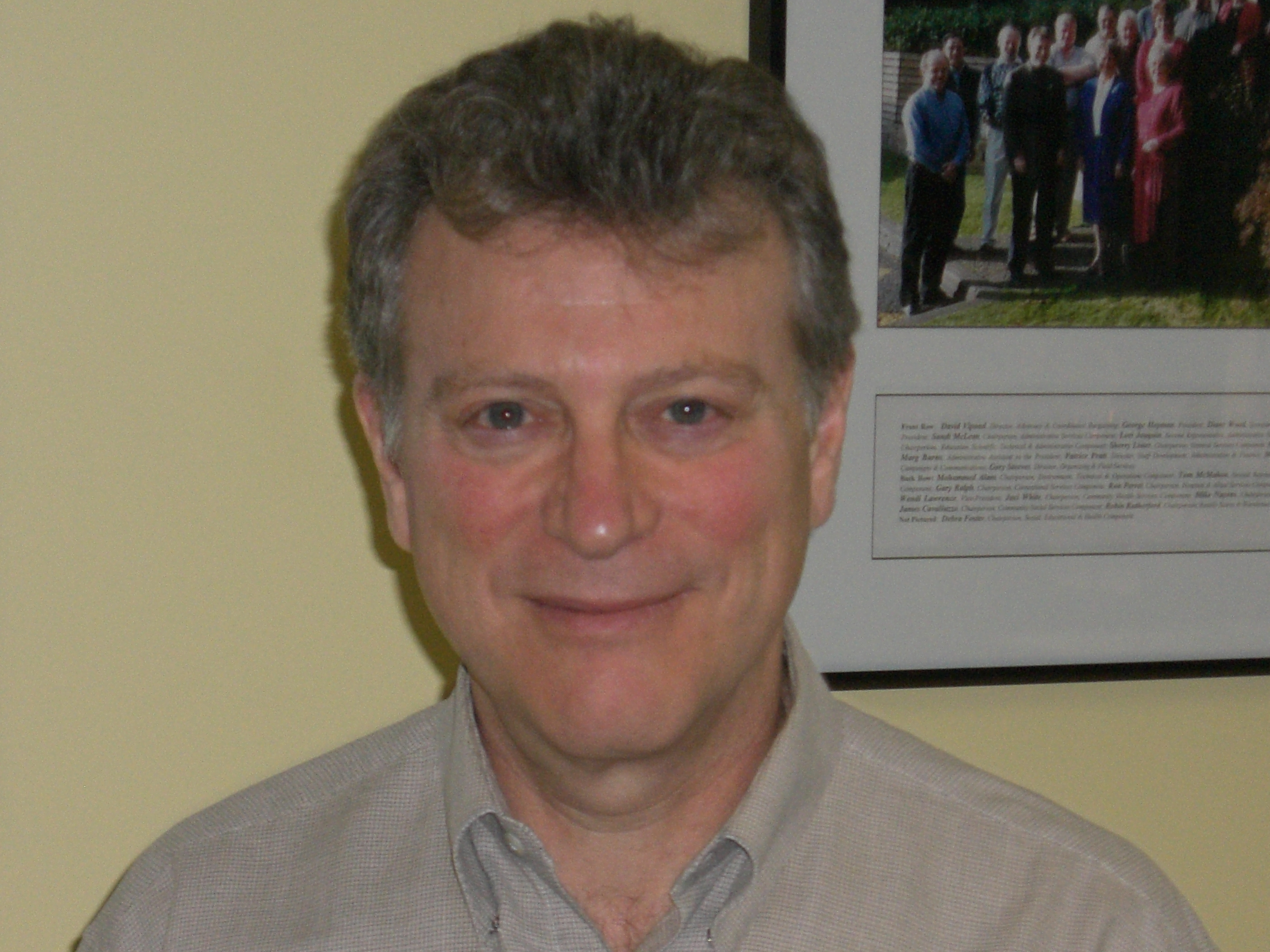BCGEU Boss Says Carbon Tax Places Unfair Burden On Rural BC
By 250 News

Prince George, B.C. - The President of the 60,000 strong British Columbia Government Employees Union , George Heyman, ( in photo at right, ) says he would have handled the tackling of the green house gas emissions differently than the provincial government.
Heyman says instead of handing out a hundred dollas to everyone, the Province should have offered big rebates and tax incentives to those who are prepared to purchase a hybrid vehicle, those who want to upgrade the insulation on their home and those who want to upgrade to an energy efficient fridge.
"As the carbon tax is being brought in it creates an unlevel playfield for those who live in the central and Northern parts of the province. Sending everyone a $100 dollar check to residents in the rural part of the province does little to offset the cost of the fuel increase."
Workers in the rural parts of this province he says need a vehicle to sometimes go 100 kilometers to work, in very difficult driving conditions.
Heyman says that is not the case in the lower mainland where ownership is driven by other factors "People own SUV’s because it is popular to have one, not that they need to have one to get around”.
He says the fuel tax will create an added hardship for the people in the rural regions who already are facing a down turn in the economy. The lower mainland has been buoyed by the real estate market Heyman says and they have the feeling that the economy is okay as opposed to the rural parts where the economy is struggling, especially in the forest sector.
Heyman said after getting off to a very shaky start, the Province has realized the provincial workers are important to this province. "We have enjoyed a labour peace in this province for awhile. I think that the present government realized that when you go after Labour in the manner that they originally did when they came to power, the average voter will say that’s too much and they will react. I think the government now realizes that."
Heyman was on a tour of this part of the province which is home to over 550 bargaining units.
Previous Story - Next Story
Return to Home









